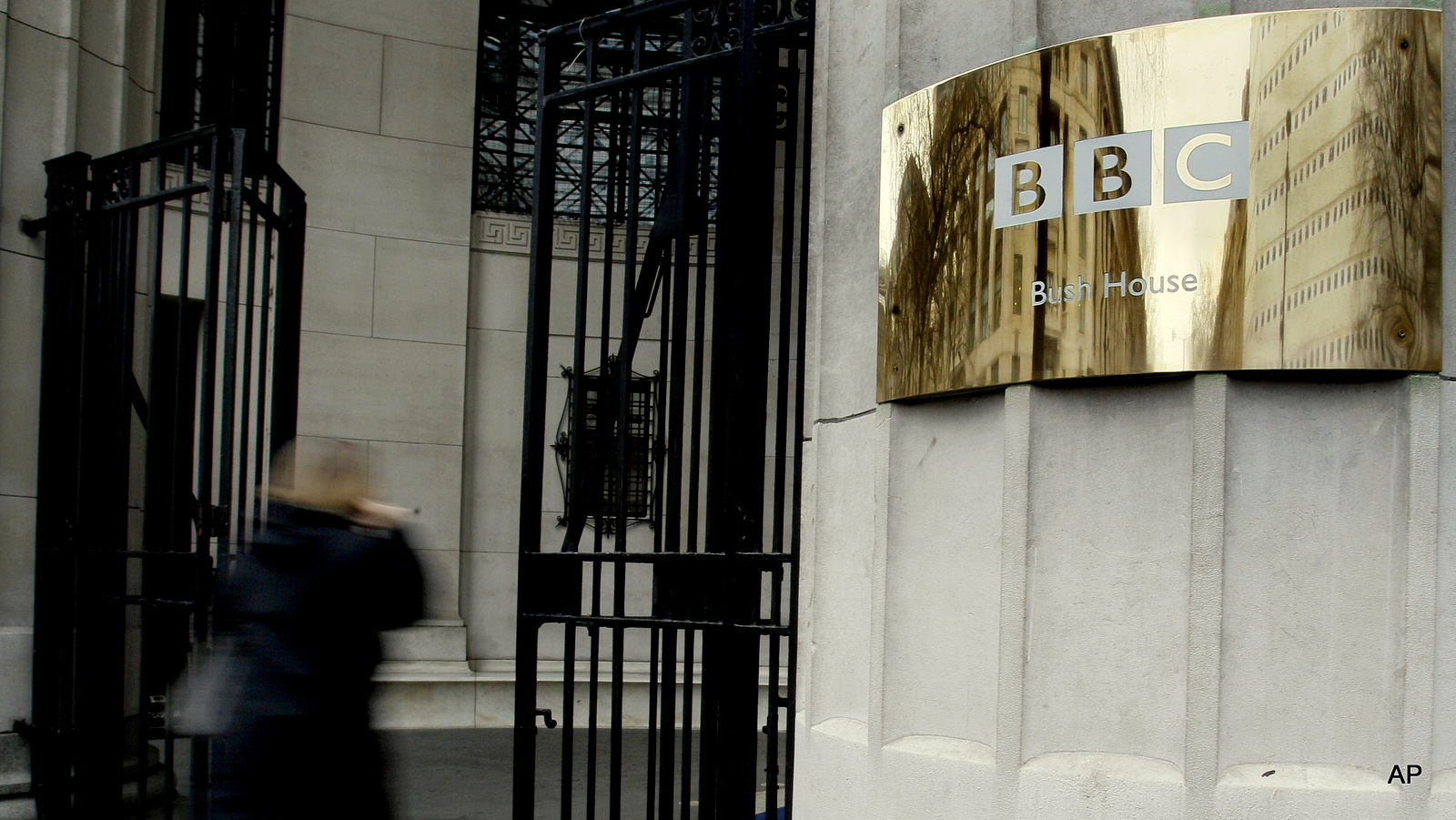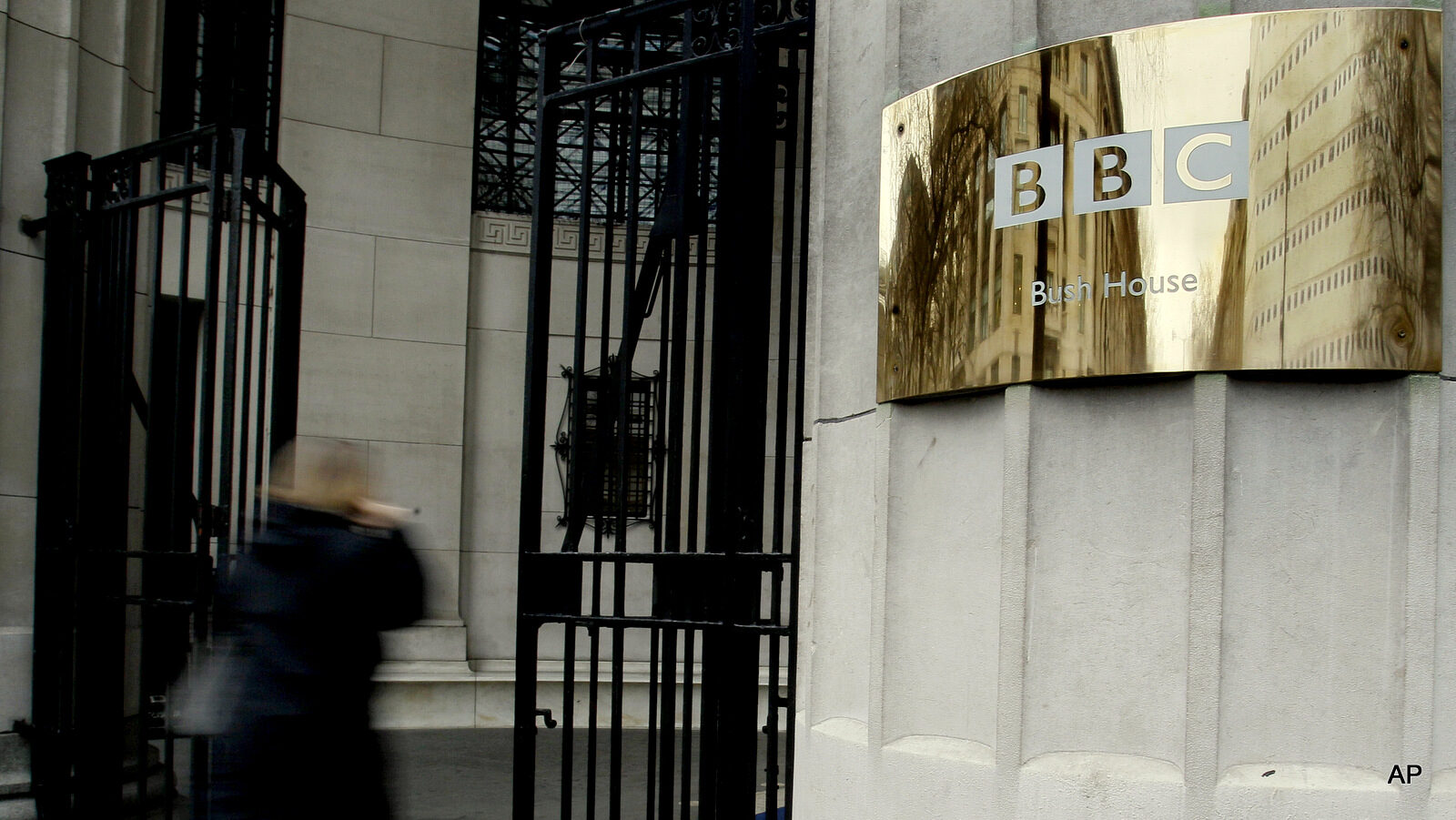
United Kingdom — The BBC has come under fire for its reporting on the May 5 elections, including its relentlessly hostile anti-Labour smear campaign, which has arguably bordered on vendetta. While the public broadcaster has long been slammed for institutional bias and undermining shifts toward a more progressive and inclusive Britain, its recent election coverage and orchestrated timing of reporting on other major issues seems to have grabbed people’s attention.
Reporting by the “public service broadcaster” over the last few weeks has called into question the political neutrality of the organisation’s political commentators. At the same time, many are waking up to the fact that the agenda they are subjected to is a carefully selected and edited version of the truth.
Referring to the coverage on Thursday’s local council elections, Former British Ambassador to Uzbekistan, Craig Murray, called the BBC coverage “a despicable and quite deliberate lie,” adding that the organisation has become a“caricature of a state propaganda machine.”
In addition, Kerry-Anne Mendoza, Editor-in-chief of The Canary, revealed last week why the BBC is such an establishment mouthpiece by spotlighting the colossal conflicts of interest behind the scenes of Britain’s biggest broadcaster.
Prior to Thursday’s local elections — in contrast with wall-to-wall coverage of Labour’s anti-Semitism row — the BBC struggled to keep allegations of 2015 Tory Election Fraud under wraps until after votes were cast. Despite the cover-up, people took matters into their own hands on Twitter, and the hashtag #ToryElectionFraud was tweeted 30,000 times.
As a result, the British public are becoming progressively more fed up with the broadcaster’s bias-by-omission and spoon-feeding of what they believe is establishment propaganda. Demonstrating their disgust, over 33,000 have signed a petition demanding BBC political editor Laura Kuenssberg be sacked for her biased coverage and her unashamedly negative obsession with Jeremy Corbyn.
“On 6th Jan 2016 on BBC News at 10 Laura Kuenssberg, the BBC’s political editor, with a range of other pressing political issues on offer, engaged in a focussed tirade against the Labour Party and Jeremy Corbyn.
“The impartiality of the BBC is integral to its existence and is one of the core directives in the BBC charter. As a representative of the BBC, and a high profile one at that, Laura Kuenssberg failed in one of the key tenets of the BBC’s Royal Charter.”
The hashtag #SackKuenssberg gained traction on Twitter, and since then, another petition was launched to highlight a shift in BBC bias since Kuenssberg’s appointment. It cites the BBC Breath of Opinion Review Content Analysis, which alerted the BBC to a potential shift with regard to impartiality in favour of the Tories back in 2013.It reads:
“The appointment of Laura Kuenssberg has not redressed the balance and improved impartiality, there are many examples of this. Under Laura Kuenssberg’s editorial lead we have seen far more attention and criticism levelled at the opposition than we have the scrutiny of the government.”
The analysis of BBC coverage, undertaken by researchers at Cardiff University and funded in part by the BBCTrust, studied the impartiality of reporting across several areas including business, economics, and politics. The findings revealed:
— Whichever party is in power, the Conservative Party is granted more air time
— On BBC News at Six, business representatives outnumbered trade union spokespersons by more than five to one in 2007 and 19 to one in 2012.
— When it comes to the financial crisis, BBC coverage was almost completely dominated by stockbrokers, investment bankers, hedge fund managers, and other business voices. Civil society voices and those questioning the benefits of having such a large finance sector were almost completely absent from coverage.
The petition demands the BBC organise a review into Kuenssberg’s efforts as political editor to assesses whether she has been balanced or not. If she is found to be less than impartial, the petition suggests she be moved to a role “more suitable.”
For those who have noted the BBC’s emphasis on discrediting opposition to Tory policy — or who simply object to paying a compulsory license fee to an organisation that is evidently not independent — you can sign the petitions here and here. You can make a complaint about BBC bias here.
This article (People Are Finally Realizing the BBC Is an Establishment Mouthpiece) is free and open source. You have permission to republish this article under a Creative Commons license with attribution to Michaela Whitton andtheAntiMedia.org.


